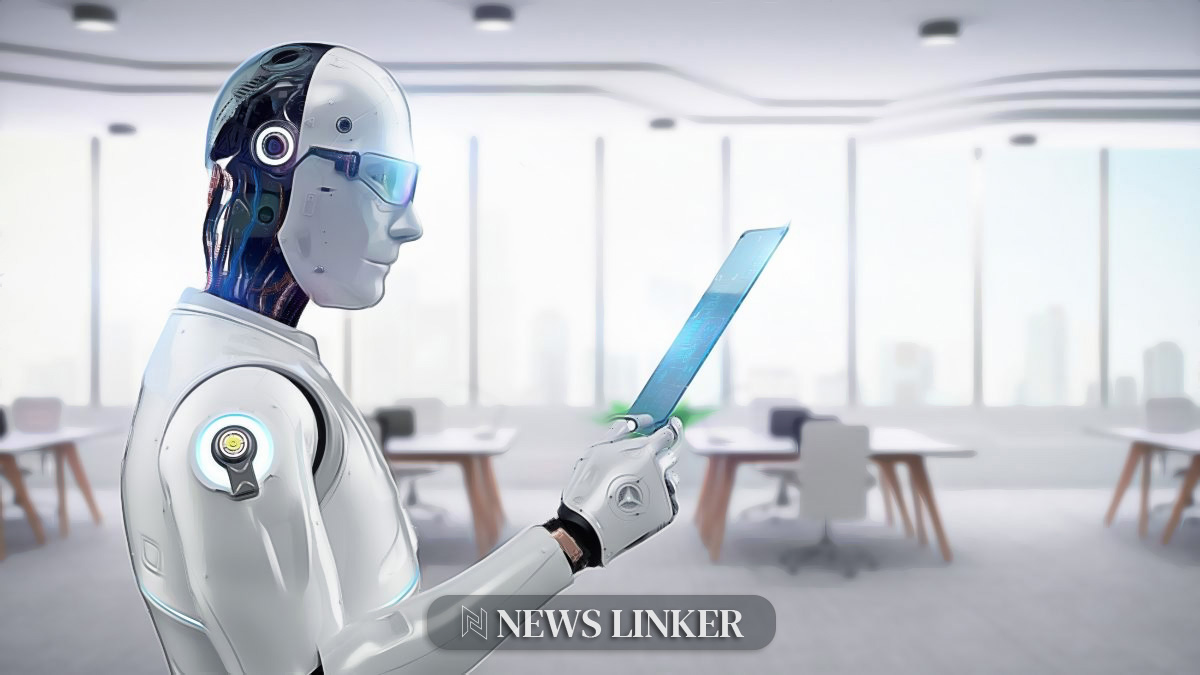As the digital age advances, the role of Artificial Intelligence (AI) becomes increasingly significant, sparking discussions about its energy consumption, unpredictable behaviors, and potential risks. A concerted effort from major technology companies now seeks to address these challenges, ushering in an era of more responsible and transparent AI deployment.
Tackling AI’s Power Consumption Dilemma
AI’s impressive capabilities hinge on data centers, these digital behemoths that process vast data streams. As AI’s prominence grows across sectors, the demand for these data centers escalates, magnifying the energy consumption concerns. The issue isn’t just AI’s energy creation but the collective consumption of its data centers, which currently rival the annual power requirements of millions of households.
These data centers, sprawling over areas equivalent to two football fields, not only consume significant energy but also contribute to 3% of global GreenHouse Gas emissions. Yet, amidst these challenges lies an innovative solution—a microchip that optimizes AI’s energy efficiency.
The Rise of the Cognitive Computer
By mimicking human brain processing, cognitive computers, powered by microchips, promise enhanced energy efficiency. These chips don’t just reduce energy consumption; they redefine AI’s functionality. By incorporating Natural Language Processors, machine learning, and AI, these cognitive computers can process information faster and more efficiently, leading the charge towards a greener tech landscape.
The benefits of such processors are manifold. From high-speed multitasking to adaptive algorithms, the processors guarantee a marked reduction in energy usage. They also elevate data accuracy, improve user interactions, and refine troubleshooting capabilities.
However, it’s not all smooth sailing. The integration of these microprocessors faces potential setbacks, primarily their inherent complexity, cost, and a glaring skills gap in the market.
Global Tech Titans Spearhead AI Safety Standards
In parallel to AI’s energy consumption quandary, concerns about AI’s unpredictability and potential hazards are surging. Responding to this, tech powerhouses Microsoft, OpenAI, Google, and Anthropic have formed the Frontier Model Forum, a coalition aiming to shape AI’s safety standards and development practices.
Guided by Chris Meserole, the Forum will delve into the intricate risks posed by AI, such as abetting bioweapon designs or spawning malicious computer codes. With a commitment of $10 million towards an AI safety fund, the alliance intends to sponsor academic studies on “red teaming”, a rigorous approach to scrutinize AI systems for vulnerabilities.
The consortium also aspires to set its own benchmarks for AI risk evaluations, striving for global consistency in preparation for future government regulations.
While AI’s ascent brings along remarkable advantages, it is intertwined with profound challenges. Addressing these issues necessitates a synergetic effort. With tech giants taking the helm, endeavors like the Frontier Model Forum signify an earnest step towards ensuring AI’s safe and responsible evolution. It’s evident: while embracing the vast potentials of AI, there’s a shared vision to navigate its intricacies responsibly.










